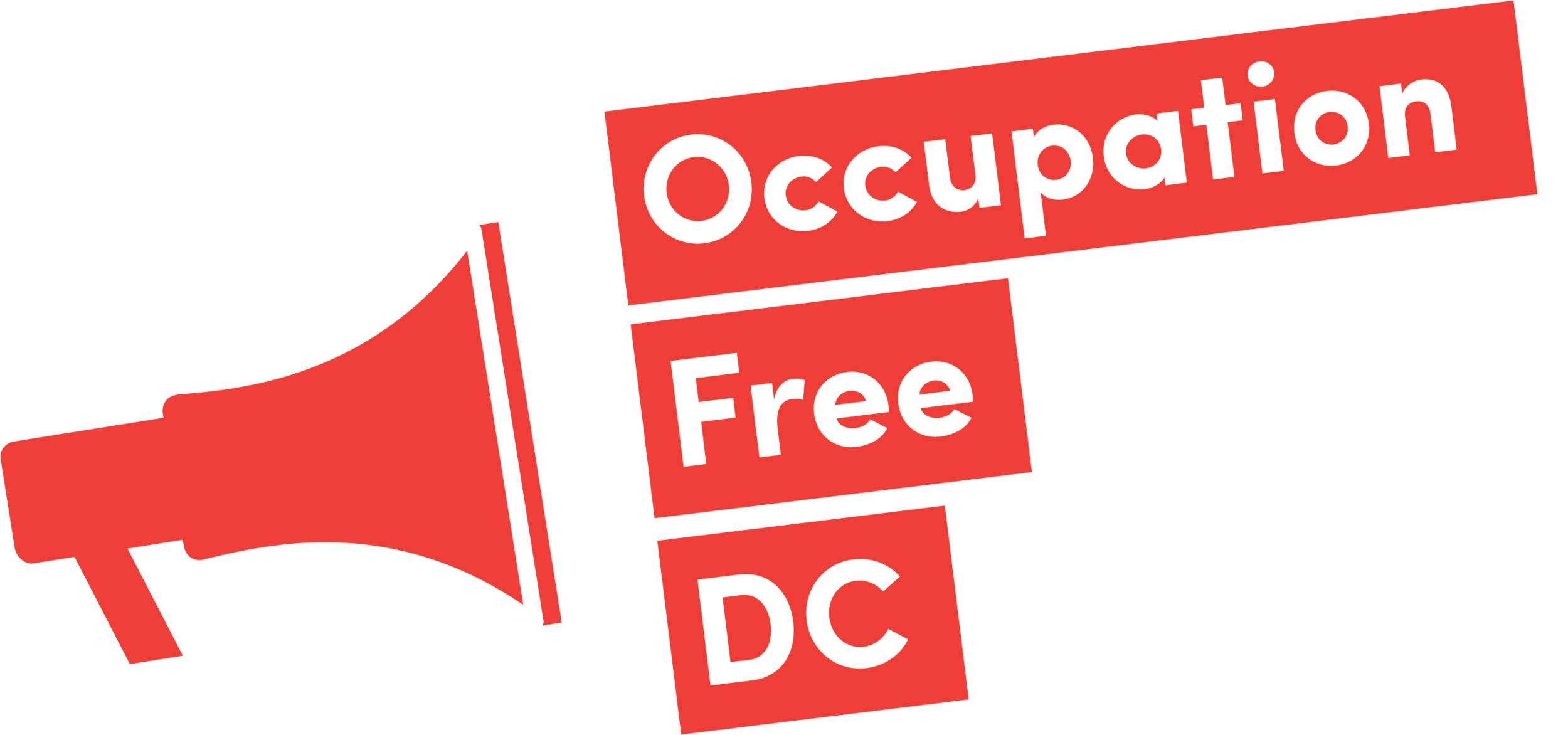Why Police Exchanges Represent Worst Practices
U.S-Israel police exchanges are programs in which U.S. law enforcement personnel are briefed and trained by Israeli police and security officials. Participation in these programs include high-ranking U.S. police officers, Immigration and Customs Enforcement (ICE) agents, Homeland Security directors, and FBI agents. Metropolitan Police Department (MPD) Chief Peter Newsham and First District Commander Morgan Kane have participated in these programs.
Israeli border police arresting Ahmad Abu Sbitan, 11-years-old, in front of his school in East Jerusalem. The police accused him of throwing a stone at them. © Majd Gaith
While the exchanges are promoted under the guise of "counter-terrorism" training, the Israeli security forces derive their "expertise" from years of violating Palestinian rights. As described by Human Rights Watch, "Fifty years after Israel occupied the West Bank and Gaza Strip, it controls these areas through repression, institutionalized discrimination, and systematic abuses of the Palestinian population’s rights." Among the well-documented Israeli practices targeting Palestinians are unlawful killings, arbitrary arrests and detentions, and torture -- all of which have been used against adults and children alike.
To be clear, these worst practices do not originate with Israel. In Washington, D.C., police use of force is overwhelmingly racially biased, and responses to dissent have violated First Amendment rights.
A 2017 study by the DC Office of Police Complaints (OPC) found there has been a significant increase in reported uses of force by MPD officers. The report found that up to 93% of use-of-force incidents involved Black people.
- In 2017, an investigation determined that MPD Officer Brian Turner's killing of Terrence Sterling was unjustified, yet Turner remains on the MPD force.
- In 2017, Law4BlackLivesDC filed a complaint that an MPD officer was photographed wearing a T-shirt with white supremacist images. Despite community demands that Officer Vincent Altiere be fired for wearing the T-shirt, he was reportedly given desk duty. Two MPD supervisors were disciplined for knowing about the shirts, but failing to take action.
- In 2017, at the J20 inaugural protests, MPD officers kettled and arrested protesters who were exercising First Amendment rights; and pepper sprayed and threw stinger grenades at protesters indiscriminately.
- In 2018, Chief Police Newsham admitted that the MPD failed collect critical stop and frisk data that is required under the Neighborhood Engagement Achieves Results (NEAR Act). The DC Council has provided funding for collection of the data, but two years after passage of the NEAR Act, the MPD has not complied with the law.
While MPD abuses are not rooted solely in these exchanges, the significant changes needed to stem these abuses will not occur as long as the Israeli model is viewed as one to learn from.
The following sections document how U.S.-Israel police trainings facilitate the exchange of worst practices, including racial profiling, extrajudicial killings, brutal suppression of political dissent, and no meaningful or credible accountability for law enforcement officials who violate human rights.

